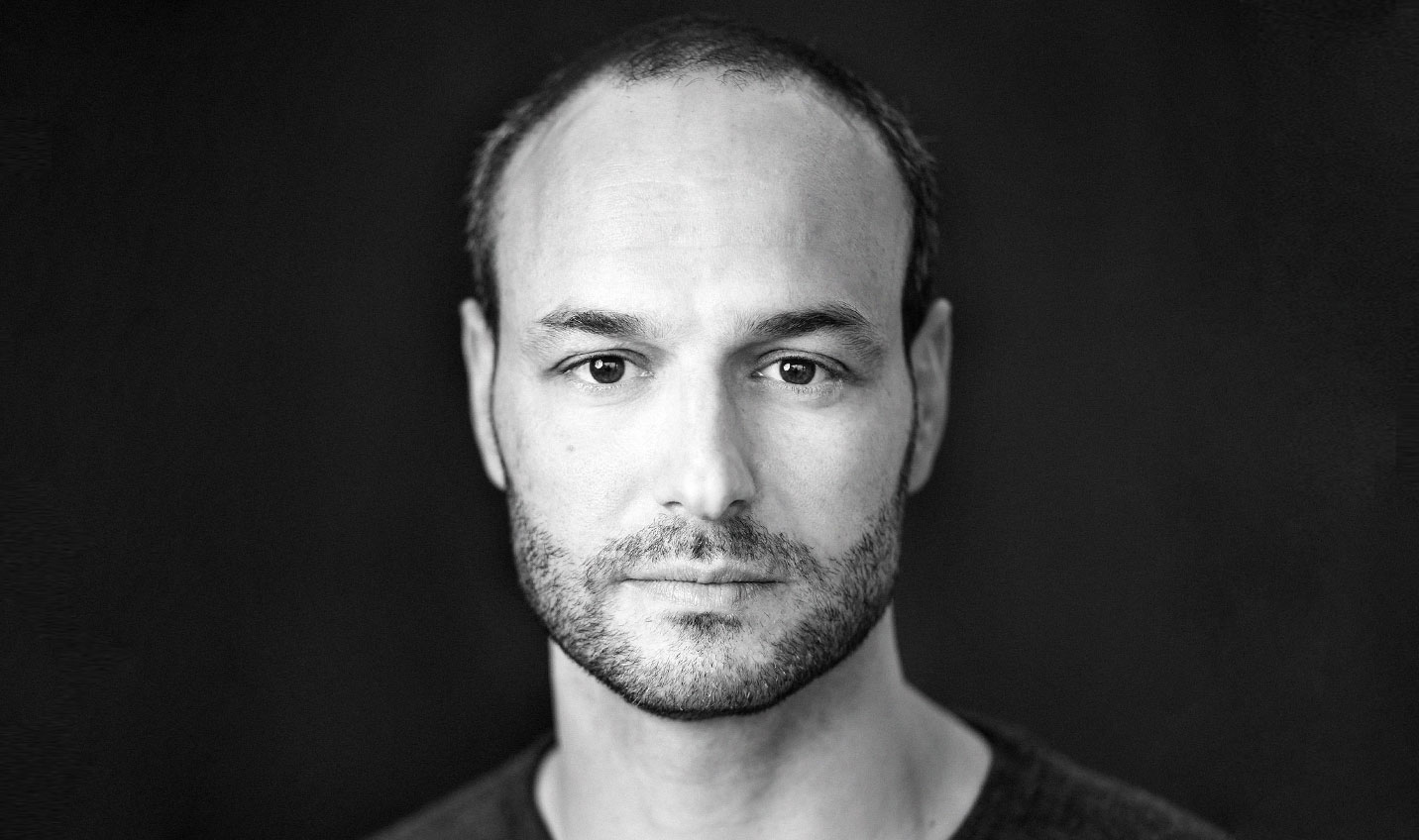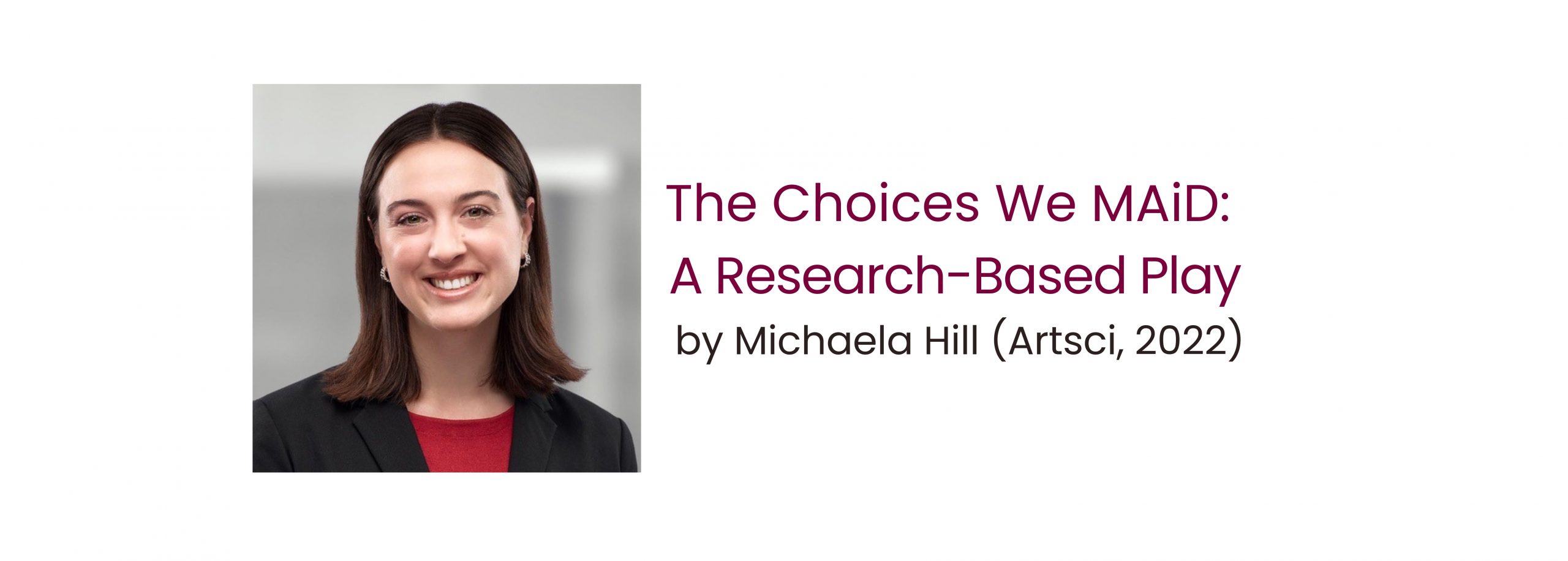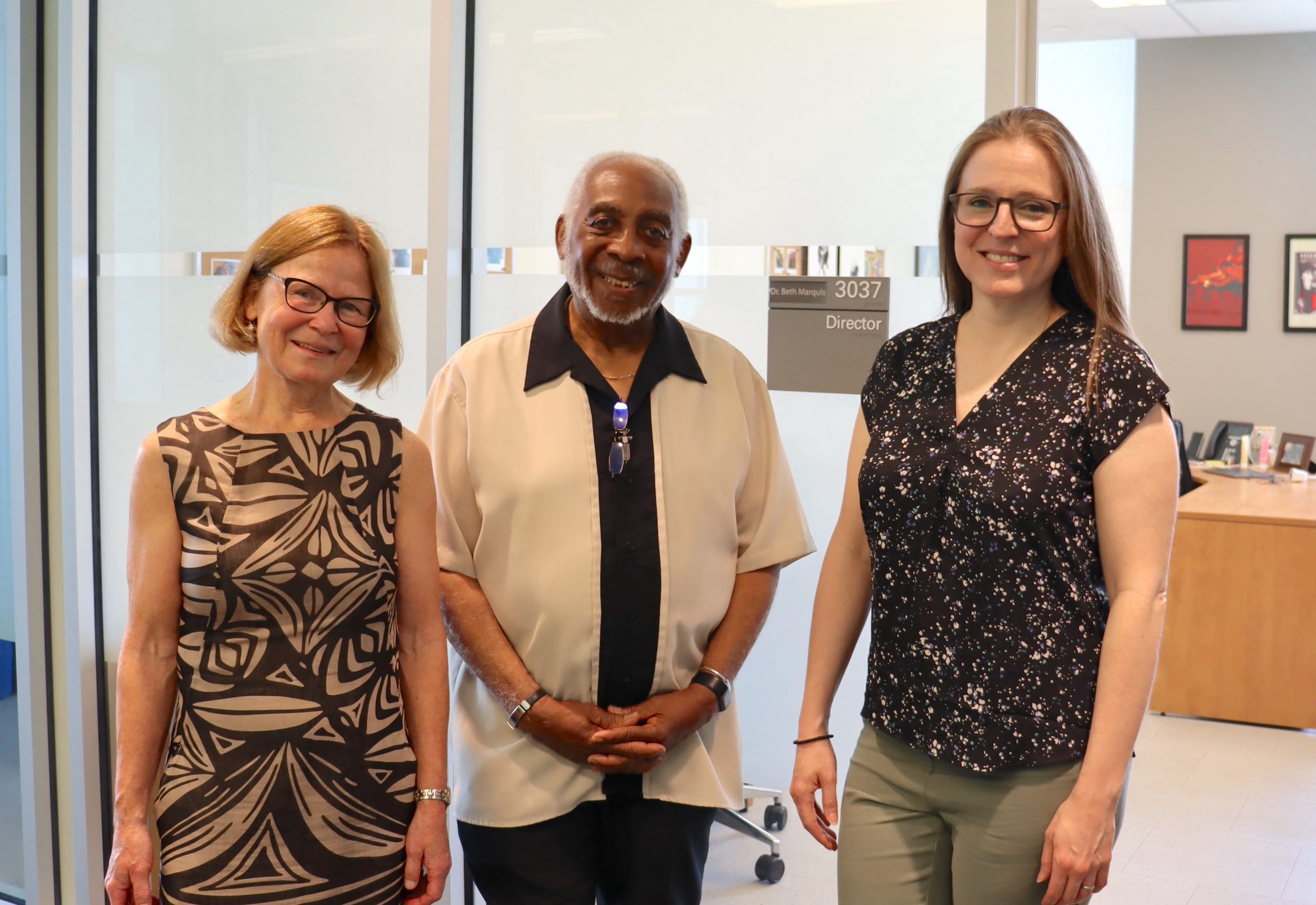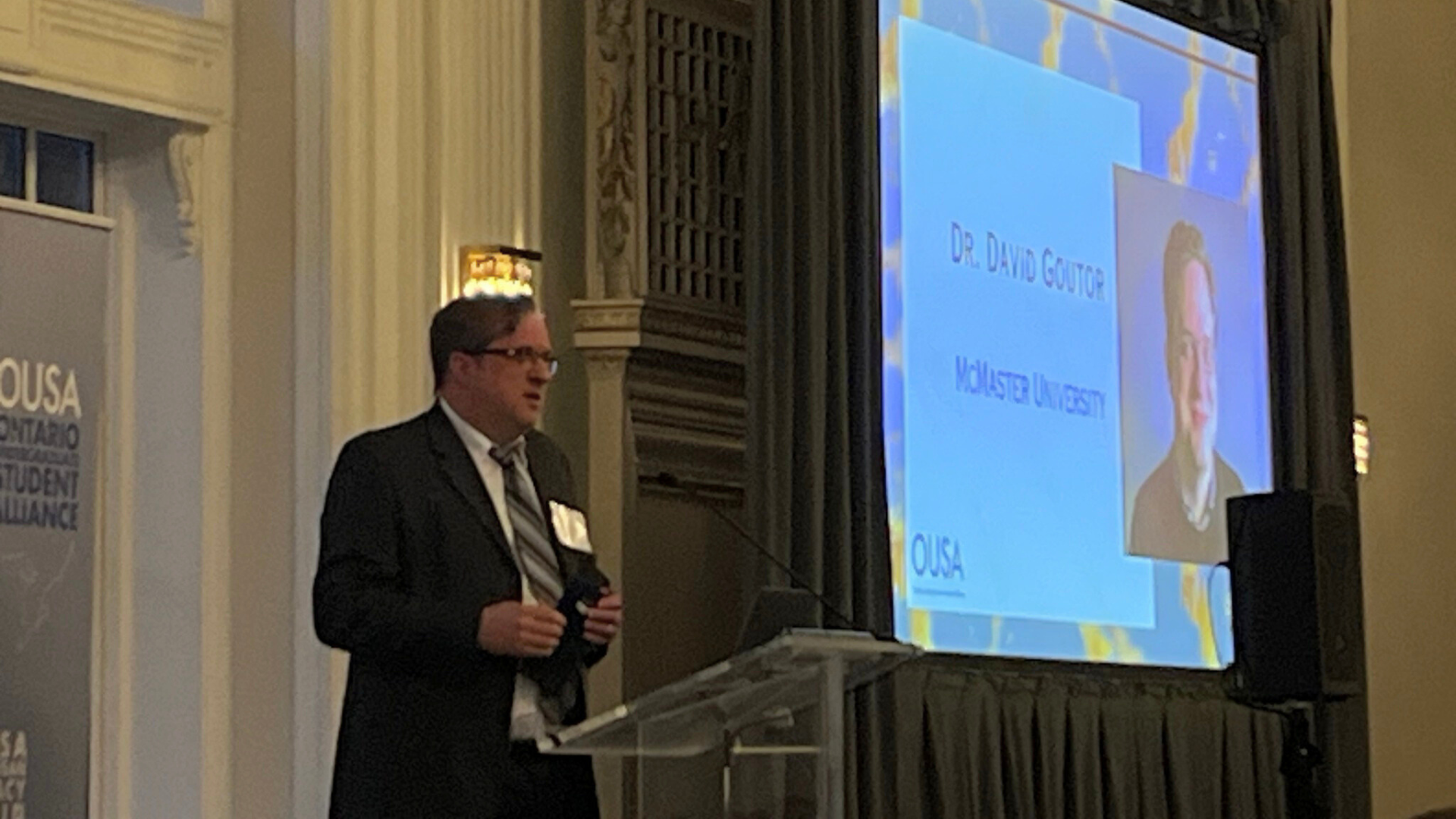Research & Creative Writing Intersect in This Hands-On Artsci Course

On the surface, creative fiction and research might seem like polarizing concepts — one is steeped in imagination, myth, and mystery, while the other is associated with facts, data, and clearly defined boundaries. But ask Anton Piatigorsky, a professor in the Arts & Science Program, and he’ll tell you that the two concepts are not only connected, but actually dependent on one another.
Penning everything from plays and novels to librettos and short stories, the writer-turned-prof has made a career out of creating research-backed fiction. His most recent works — Al-Tounsi, a novel about justices of the U.S. Supreme Court, and The Iron Bridge, a collection of short stories about twentieth-century dictators as teenagers — embody how writers can use information to strengthen imagination, which is exactly what he tries to impress upon students who take his ARTSSCI 4CD3 / Research and Creative Writing inquiry course.
“Generally speaking, I was growing frustrated with the way that creative writing is being taught around the world, and even more so of the way that it’s thought of as a subject,” Piatigorsky explains. “Fiction is too often opposed to non-fiction — people are quick to think that it’s about emotions, imaginations, and stories, and not necessarily about knowledge, facts, or information. But I really don’t think that’s true. I don’t think any of the good works of fiction in the world are devoid of real knowledge.”
To flip the narrative surrounding creative writing, Piatigorsky’s upper-year Artsci course exposes students to a long list of books, plays, and poems that are grounded in research.
The course also invites students to explore ways in which research findings might be articulated through creative expression, and also expands upon the notions of how creative writing and research mutually inform each other.
“I think inspiration is a craft that can be taught and nurtured,” he explains. “So, I wanted this course to be about that — how you nurture ideas, and how you develop them through research, through study, through experience, and through skills and techniques.”
To do that, Piatigorsky instructs his students to do two things simultaneously — to work substantively and to work associatively.
Working substantively, he says, requires thoroughly researching the context of your original ideas. Working associatively, on the other hand, requires you to be able to make meaningful connections to the information garnered from your research.
Using Washington Black by Esi Edugyan as an example, Piatigorsky says the author’s substantive work required her to conduct research about what plantation life was like in Barbados in the 1830s. She had to learn about the geography of Barbados, the climate, the weather, what kinds of people would be on a plantation, what those people would wear, what kinds of food they’d eat, what family dynamics were like, what science and technology was available at the time, and so on. Her associative work, he explains, allowed her to connect her findings to her original ideas to create a really believable work of research-backed fiction.
“The more substantive you are, the more rich and detailed your world can be, and the more associative you are, the more imaginative and creative your world can be,” Piatigorsky says. “These two things don’t have to be opposed. Having substance allows you to make associations you otherwise might not have — it makes your work better.”
Piatigorsky believes that people, especially academics, are most likely to struggle with the associative part of the creative process.
“Part of the problem with being a fiction writer who’s trained in academia is that, in school, you’re taught to be responsible with the data you garner from your research,” he explains. “I say that’s a problem because, in creative writing, there’s part of your mind that you have to let be irresponsible.”
Apart from teaching students the importance of research and its applications to creative forums, Piatigorsky says that the course has another primary goal: to demystify the idea of creative genius.
“In this course, we strip inspiration of all divine connotations,” he says. “We normalize it. With the right amount of curiosity and ambition, all people have the ability to create something. Writing a good book is not any more or less magical than becoming a good doctor or a good lawyer. I strongly believe that inspiration can be harnessed and developed no differently than other skills can.”
While Piatigorsky knows that not every student who passes through his class will go on to become a playwright, a poet, or an author, he thinks that the core concepts of the course can help each student, regardless of where they end up professionally.
“Creativity is necessary for everything,” he says. “The creative process that we learn in this class will make you better at whatever it is that you go on to do — I feel really confident about that.”
Education, FacultyRelated News
News Listing

Artsci Thesis performed at Dalhousie University Medical School
Alumni, Artsci, Faculty
June 24, 2024


